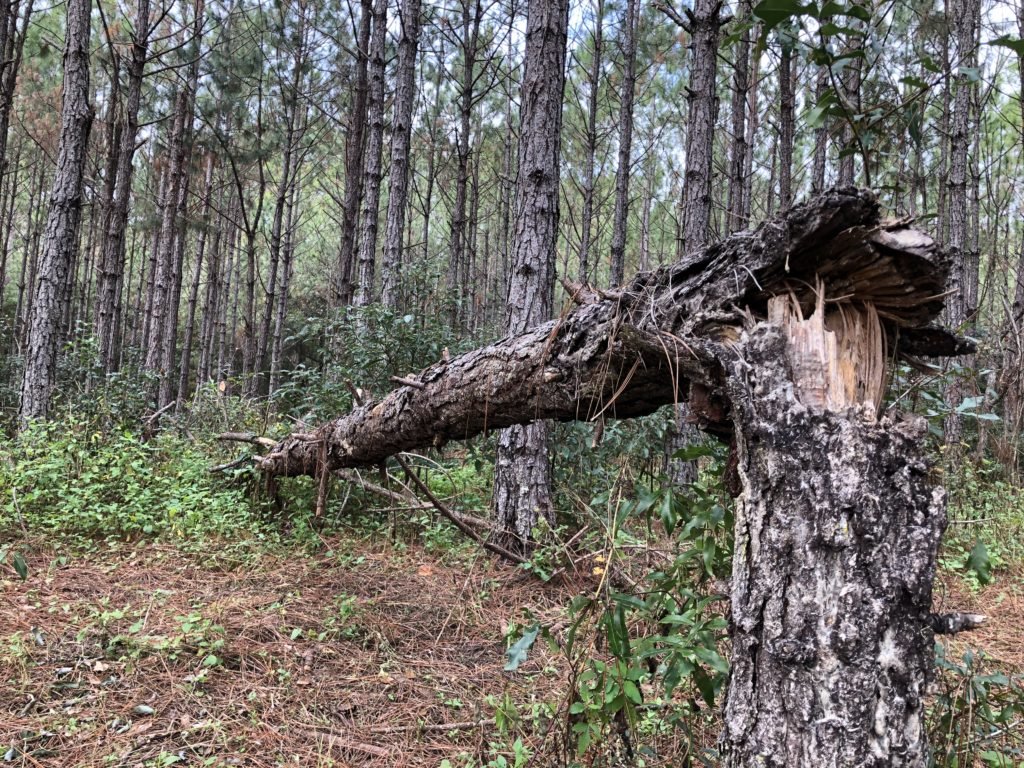I previously wrote about bootleg culture in the age of streaming and reminisced on the simple days of CD bootlegs sold in my own record shop. Now my pal Kenn Richards — via his essential Research {Curation} Reduction newsletter — alerted me to this 14-minute BBC documentary from 1971 examining the bootleg scene in London at the time. Holy cats, this is wonderful.
The video features incredible quotes and contributions from Led Zeppelin manager Peter ‘no one heavier than me’ Grant, ‘The’ Pink Floyd, Yoko Ono, and John Lennon who prefers to be in a bag. Also, it’s so quaint how the guy who manufactures bootlegs and the other guy who sells them (at a Virgin Records, no less)
Here’s some bonus content from the same year: Neil Young discovering bootlegs of his own work in a Los Angeles record store. Watch the guy behind the counter — his uncomfortable body language as Young starts flipping through the bins is priceless.

